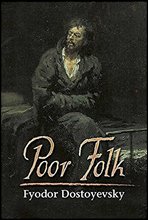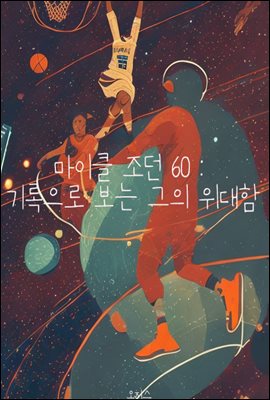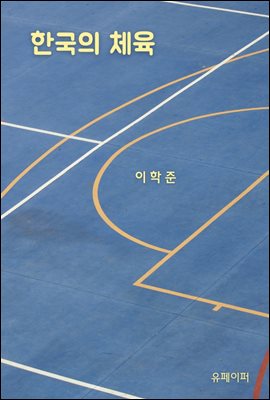
가난한 사람들 (Poor Folk) 영어로 읽는 명작 시리즈 401
- 저자<표도르 도스토옙스키 (Fyodor Dostoyevsky)> 저
- 출판사논객넷 출판사
- 출판일2017-04-20
- 등록일2018-12-11
- SNS공유


- 파일포맷EPUB
- 파일크기638KB
- 공급사YES24
-
지원기기
PC
PHONE
TABLET
프로그램 수동설치
전자책 프로그램 수동설치 안내
아이폰, 아이패드, 안드로이드폰, 태블릿,
보유 1, 대출 0,
예약 0, 누적대출 1, 누적예약 0
책소개
《페테르부르크 문집(文集)》(1846)에 발표된 처녀작으로, 24세의 무명작가를 일약 문단의 총아로 만든 계기가 된 작품이다. 페테르부르크의 초라한 뒷골목에 사는 50세 가까운 가난한 하급관리 제브시킨과 불행한 소녀 발바라와의 불우한 사랑을 그린 왕복 서간체로 된 소설이다.대도시의 빈민굴에서 서로 몸을 의지하다시피 하며 사는 두 선량한 영혼 사이에 싹튼 사랑은 끝내 여물지 못하고 끝나지만, 작자는 이 불행한 사랑을 이야기하면서, 가난하고 무력한 사람들의 고독과 굴욕을 호소하고, 그들의 인간적인 자부심과 사회적 비굴감의 심리적 상극(相克)을 파헤침으로써 이 작품을 ‘사실주의적 휴머니즘’의 걸작으로 만들 수가 있었다. 당시의 대평론가 V.G.벨린스키의 격찬을 받았다. 러시아 최초의 본격적인 도시소설이며, 그 문체는 미래의 대작가로서의 가능성을 간직하고 있다. (두산백과)
Poor Folk (Russian: Бедные люди, Bednye lyudi), sometimes translated as Poor People,[note] is the first novel by Fyodor Dostoyevsky, written over the span of nine months between 1844 and 1845. Dostoyevsky was in financial difficulty because of his extravagant living and his developing gambling addiction; although he had produced some translations of foreign novels, they had little success, and he decided to write a novel of his own to try to raise funds.
Inspired by the works of Gogol, Pushkin, and Karamzin, as well as English and French authors, Poor Folk is written in the form of letters between the two main characters, Makar Devushkin and Varvara Dobroselova, who are poor second cousins. The novel showcases the life of poor people, their relationship with rich people, and poverty in general, all common themes of literary naturalism. A deep but odd friendship develops between them until Dobroselova loses her interest in literature, and later in communicating with Devushkin after a rich widower Mr. Bykov proposes to her. Devushkin, a prototype of the clerk found in many works of naturalistic literature at that time, retains his sentimental characteristics; Dobroselova abandons art, while Devushkin cannot live without literature.
Contemporary critics lauded Poor Folk for its humanitarian themes. While Vissarion Belinsky dubbed the novel Russia's first "social novel" and Alexander Herzen called it a major socialist work, other critics detected parody and satire. The novel uses a complicated polyphony of voices fr
목차
■ 가난한 사람들 (Poor Folk).초판 Cover & story
POOR FOLK
- CONTENTS
April 8th 1
April 8th 2
April 8th 3
April 9th
April 12th
April 25th
May 20th
June 1st
June 11th
June 12th.
June 20th.
June 21st.
June 22nd.
June 25th.
June 26th.
June 27th.
June 28th.
July 1st.
July 7th.
July 8th.
July 27th.
July 28th.
July 28th.2
July 29th.
August 1st.
August 2nd.
August 3rd.
August 4th.
August 4th.2
August 5th.
August 5th.2
August 11th.
August 13th.
August 14th.
August 19th.
August 21st.
September 3rd.
September 5th.
September 9th.
September 10th.
September 11th.
September 15th.
September 18th.
September 19th.
September 23rd.
September 23rd.2
September 27th.
September 27th.2
September 28th.
September 29th.
September 30th.
저자 사진 및 프로필
판권 페이지















